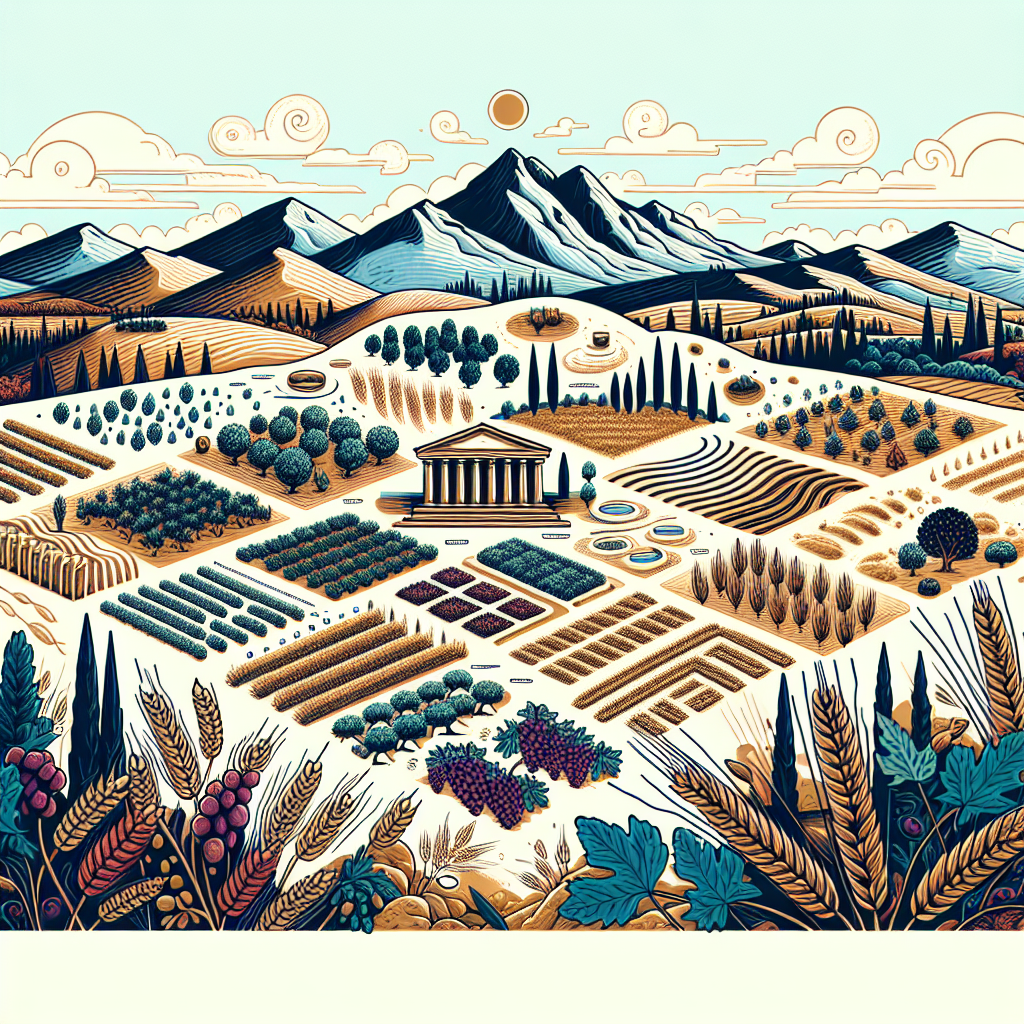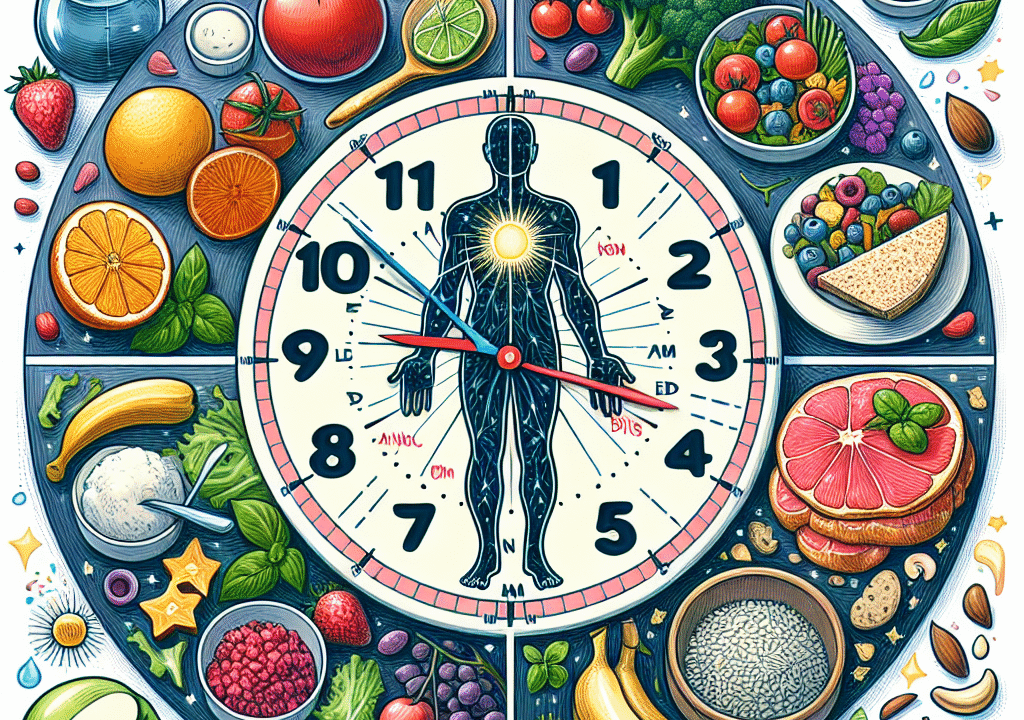
Seasonal Mediterranean Living: Ancient Patterns for Today’s Climate Challenges
Rediscovering Climate Resilience Through the Mediterranean Lifestyle
As the world grapples with rising temperatures, unpredictable weather, and water scarcity, many are turning to time-tested ways of living for solutions. The Seasonal Mediterranean lifestyle — rooted in balance with nature and local resources — has helped communities thrive for thousands of years.
Today, these ancient approaches to food, farming, architecture, and public design offer valuable guidance for building sustainable, climate-resilient lives no matter where you live.
The Mediterranean Model: History’s Blueprint for Climate-Smart Living
The Mediterranean climate region — stretching across southern Europe, North Africa, and the Middle East — experiences hot, dry summers and cool, wet winters. These conditions gave rise to a lifestyle built on seasonal awareness, water conservation, and nature-based architecture.
Drought-tolerant crops like olives, figs, grapes, and wheat formed the basis of regional diets. These foods thrived with minimal irrigation, relying primarily on well-timed rain and seasonal planting. Similarly, traditional homes featured thick stone walls, shaded terraces, and open courtyards — naturally staying cool without electricity.
“This entire lifestyle was centered on working with nature, not battling it,” says Dr. Laila Said, a sustainability historian at the University of Granada. “That’s why it remains so relevant today.”
Such practices created low-carbon communities that adapted easily to climate shifts — exactly what modern towns and cities need as global conditions change.
Adapting Mediterranean Wisdom to Modern Climates
Today, many areas — including the American Southwest, parts of Australia, and South Africa — face the same challenges once overcome by Mediterranean cultures. By applying Mediterranean principles locally, we can support healthier communities and a more stable environment.
Here are five practical ways to incorporate Mediterranean living into your everyday life.
Seasonal Eating: A Climate-Friendly Diet
Modern food production heavily relies on refrigerated transport, year-round greenhouses, and single-use plastics. The United Nations Food and Agriculture Organization reports that over 30% of global greenhouse emissions are directly linked to food systems.
Mediterranean seasonal eating reduces these impacts. Instead of chasing out-of-season produce, people eat what grows naturally during each season. For instance, enjoy heirloom tomatoes, zucchini, and cucumbers in the summer, and switch to citrus fruits, legumes, and leafy greens in winter.
According to the Environmental Working Group, eating local and seasonal produce can lower the carbon footprint of your meals by as much as 50 percent.
Clarifying Example: Rather than buying strawberries shipped from overseas in January, try a fresh winter salad with roasted beets and local oranges. Not only are they more sustainable, but they’re also packed with nutrients grown in sync with your environment.
For wellness tips tied to seasonal nutrition, visit credible health resources like edrugstore.com.
Water-Wise Gardening: The Power of Dry-Farming
Water scarcity is becoming one of the most urgent issues of our time. The Mediterranean method of dry-farming — cultivating crops without irrigation — offers a powerful response for home gardeners and agricultural experts alike.
Key techniques include:
– Capturing and preserving winter moisture in the soil
– Using mulch and compost to retain water
– Selecting drought-resistant crops like grains and beans
– Adding swales, terraces, or berms to reduce runoff and protect soil
A 2020 study in the Agricultural Water Management Journal showed that dry-farmed tomatoes in California required 50% less water while still producing quality crops with excellent flavor.
Clarifying Example: Growing herbs like rosemary, thyme, and lavender not only reduces water use but also attracts bees and butterflies, boosting your garden’s overall health.
Architectural Solutions: Homes That Keep Cool Naturally
In hot climates, air conditioning often becomes a necessity — driving up energy costs and emissions. Yet, traditional Mediterranean architecture controlled indoor temperatures passively and effectively.
Homes featured:
– Thick, dense walls for thermal protection
– Small north-facing windows to limit heat entry
– Shaded patios and inner courtyards to promote airflow
“By studying 15th-century homes in southern Spain, we’ve learned that orientation and material choice dramatically reduce internal temperatures,” says Isabel Molina, an architectural researcher focused on sustainable design.
Modern adaptations, often seen in California’s “New Mediterranean” homes, include:
– Cross-ventilation through dual-sided windows
– Reflective exterior finishes like white paint or terracotta
– Rooftop gardens to prevent heat absorption and manage rainwater
These features not only lower utility bills but create buildings capable of withstanding extreme weather events.
Eco-Friendly Diets: The Mediterranean Way of Eating
The Mediterranean diet — known for its abundance of vegetables, legumes, whole grains, and olive oil — is not only heart-healthy. It’s also environmentally efficient. Plant-based diets use fewer resources and generate less waste compared to meal plans heavy in meat and processed food.
A report from The Lancet in 2019 confirms that Mediterranean-style diets significantly reduce environmental impacts while improving global health outcomes.
Clarifying Example: In Latin America, a Mediterranean-style plate could include black beans, roasted squash, peppers, and avocado. In India, it might be a lentil-based dal served with sautéed spinach and okra. These meals are regionally adapted but rooted in the same plant-first philosophy.
This type of diet supports regenerative farming — turning food systems into allies rather than enemies of the environment.
Urban Design Inspired by Mediterranean Harmony
A lesser-known but powerful part of the Mediterranean way of life includes shared public spaces — open-air markets, shaded town squares, and community gardens all reinforced social ties and supported mental well-being.
Modern cities now suffer from noise, stress, and heat islands. Inspired by Mediterranean design, places like Barcelona are creating “superblocks” with less vehicle traffic, more trees, and communal meeting areas.
Clarifying Example: Suburban developments can adopt these principles by including tree-lined trails, shared patios, and local potlucks — all of which promote stronger social bonds and environmental awareness.
According to Dr. James Martin of UCLA’s Climate Adaptation Lab, “Neighborhoods designed for people — with shared spaces and walkability — reduce crime, boost community health, and improve resilience in the face of environmental stress.”
Conclusion: Ancient Principles, Modern Power
Whether through eating seasonal food, conserving water through smart farming, or cooling homes passively, the Mediterranean way of life offers a timeless guide for creating sustainable, resilient communities.
You don’t have to live near the Mediterranean Sea to benefit. By focusing on seasonality, simplicity, and respect for your local environment, these ancient principles can flourish anywhere — from Arizona to South Africa.
Start Today: Simple Steps Toward Resilience
Ready to bring Mediterranean wisdom into your daily routine? Try these easy adjustments:
✔ Plan meals around your local harvest. Visit a nearby farmers market to get started.
✔ Start a drought-tolerant herb garden with plants like rosemary, oregano, and lavender.
✔ Enhance your home’s shade with breathable screens or a pergola for natural cooling.
✔ Host a seasonal dinner with neighbors. Strengthen your social circle while sharing sustainable food.
These small steps not only improve your quality of life but also contribute to a healthier planet — one habit at a time.
Let the lessons of the past light the way toward a greener, stronger future.
References:
– Food and Agriculture Organization of the United Nations (FAO). (2023). The State of Food Security and Nutrition in the World.
– Environmental Working Group (2022). “Eat Seasonal, Eat Local.”
– The Lancet (2019). “Food in the Anthropocene: the EAT–Lancet Commission on healthy diets from sustainable food systems.”
– Agricultural Water Management Journal (2020). “Dry-Farming Techniques in Mediterranean Climates.”
– Urban Sustainability Lab, UCLA (2021). “Designing Resilient Cities for a Hotter Tomorrow.”
– University of Granada, Center for Mediterranean Studies. Expert Interview with Dr. Laila Said (2024).


